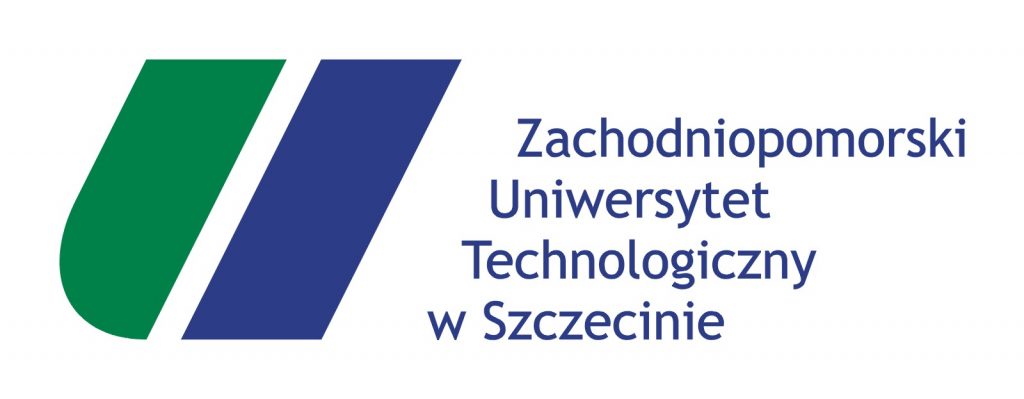Carousel fraud consists of the transfer of assets between companies belonging to different states in order to evade taxes.
In the recent case addressed by the Supreme Court, the company Alfa - habitual exporter of telephony products within the European Union and therefore being able to operate with VAT excluded - purchased large quantities of telephony equipment from the Beta company.
With a small detail: the Alfa and Beta companies had the same headquarters, the same warehouse and the same ownership and management - even if they lacked a minimum of creativity.
The Alfa company thus matured a consistent VAT credit and proceeded to sell without VAT what was purchased from the Beta company with a low markup - even with a lower price than that paid to Beta - to the Gamma company with tax headquarters in a country of the European Union.
Later Gamma, through companies defined as simple "paper mills" by Finance Police, supplied the Beta company itself, from which the "carousel" had started.
How are the "paper mills" company?
The Notebooks ofAnti-money laundering (December 2020, n.15) of theUIF (Financial information unit) entitled "A synthetic indicator to identify the so-called paper companies" defines paper companies as companies that issue invoices for non-existent operations, allowing production companies to use them both for tax evasion purposes, indicating non-existent costs in the financial statements, and to money laundering or other illegal purposes and sets "indicators" to identify them.
In other words, they are “printing” companies of accounting documents.
How the carousel fraud?
In the case in question, the goods that appeared to come from the Gamma company only formally passed through the "paper mills" company but in reality it was directly supplying the Beta company which then placed the products in large-scale distribution.
There was thus a apparent transit of goods from the Beta company to the Alfa company to the paper companies and finally back to Beta. This mechanism actually allowed Beta and Alfa (companies belonging to the same subjects) to offset VAT, to mature through Alfa a considerable tax credit as well as to remain competitive on the telephony market with lowered prices.
Outcome of the process:
The trial had a curious outcome. In fact, if the director of the Beta company was acquitted, the de facto director of the same company was convicted of the crime of fraudulent declaration through the use of invoices or other documents for non-existent operations referred to inart. 2 Legislative Decree no. 74 of 2000.
Passed the judgment of revision, the Supreme Court, declaring the appeal inadmissible, elaborated the principle according to which the revision of the sentence based on the same evidence used by the acquittal sentence against a competitor in the same crime and pronounced in another proceeding is not allowed, because the review is aimed at modifying the error only on the reconstruction of the fact and not on the evaluation of the same

